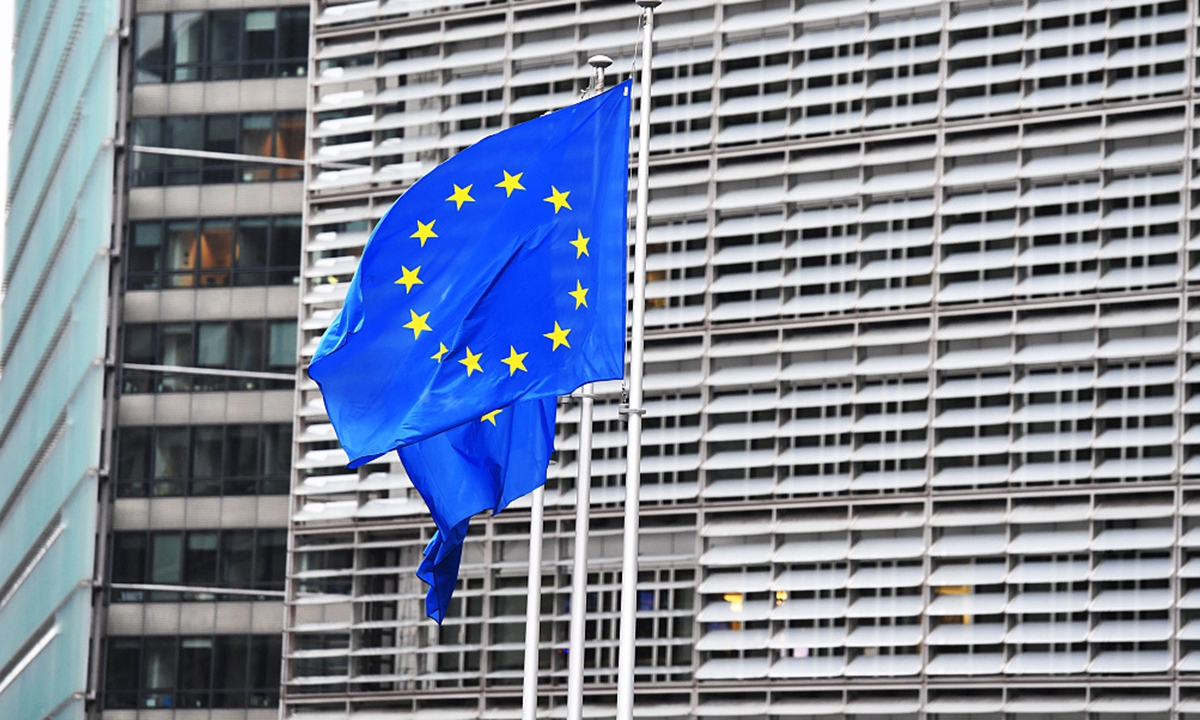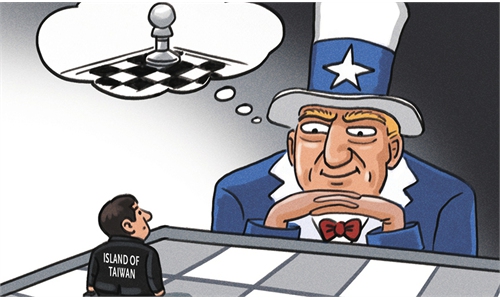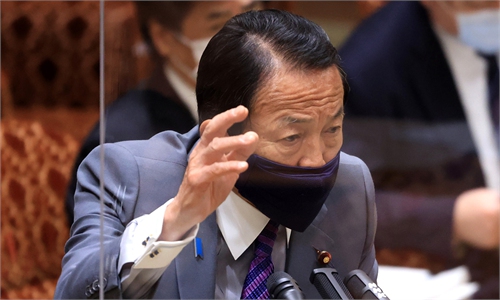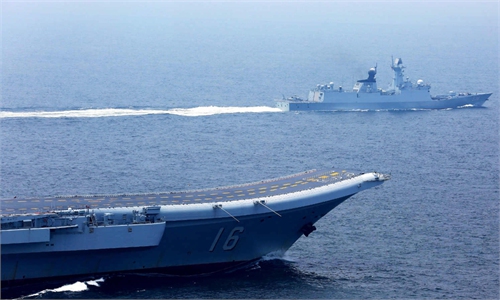COMMENTS / EXPERT ASSESSMENT
GT Voice: Political pursuit of Taiwan deal won’t bring economic good

Photo:VCG
The European Parliament on Wednesday approved the report addressing trade-related aspects and implications of COVID-19. The report also details the direction of trade policy the EU should take given new dynamics following an unprecedented health crisis.
Among a list of foreign trade policy ideas proposed in this report, one is urging the European Commission to move forward with an investment agreement with the island of Taiwan by taking the necessary steps toward an impact assessment, public consultation and a scoping exercise by the end of 2021.
This is not the first time for some anti-China Western politicians to push for trade and investment deal with the Taiwan region, which from the outside, seems more like a political stunt that makes little real economic sense.
This is because despite the growing importance of Taiwan's semiconductor industry in global supply chain amid the recent chip shortage, from the purely economic perspective, the trade significance of Taiwan island to the EU is far from sufficient for European politicians to put the Taiwan deal as a policy idea option in the above-mentioned report. In 2020, the Taiwan island is the EU's 14th largest trading partner, and the EU's trade with Taiwan island only accounts for merely 1.4 percent of the total, according to statistics from the European Commission.
By comparison, the Chinese mainland overtook the US to become the EU's biggest trading partner in 2020, regardless of the headwinds and difficulties facing bilateral trade during the pandemic hit. Ironically, against the background of such an obvious contrast in economic value, the European Parliament passed the motion to shelve the EU-China Comprehensive Agreement on Investment (CAI) and approved a report backing an investment deal with Taiwan island. It is not that hard for anyone who has the basic knowledge of geopolitics to see the motivations behind the move.
Yet, any attempt to use the Taiwan question to pressure the Chinese mainland is doomed to fail. Previously, there was speculation over the resumption of discussions on the trade and investment framework agreement between the US and the Taiwan region. In response, a spokesperson from China's Ministry of Foreign Affairs made it clear that "We firmly oppose all forms of official interactions between the US and Taiwan island and reject any agreement with implications of sovereignty and of official nature between countries having diplomatic ties with China and the Taiwan region."
The EU also understands clearly that the Taiwan question is China's internal affairs and that countries having diplomatic ties with China should abide by the one-China principle. Therefore, any political show over the Taiwan question is irresponsible for the long-term development of bilateral economic and trade cooperation.
Of course, it is also worth noting that the report approved by the European Parliament doesn't completely represent the guidelines for the EU to act in the future. Since it is believed that most in the EU won't back a plan that goes against one of the cornerstones for modern international relations, we sincerely hope the EU will exert sufficient caution when it comes to the Taiwan question.



